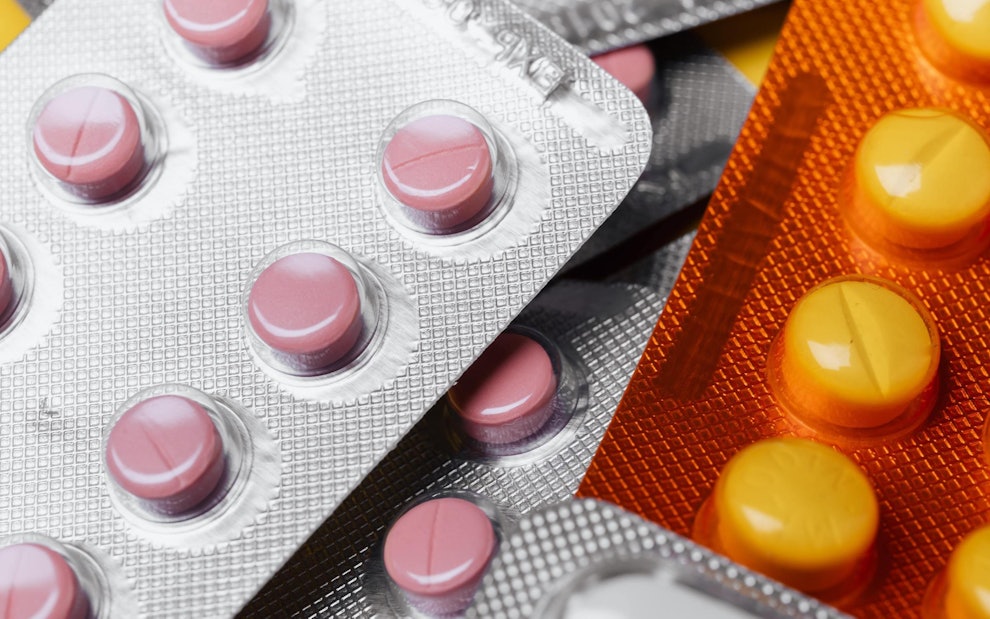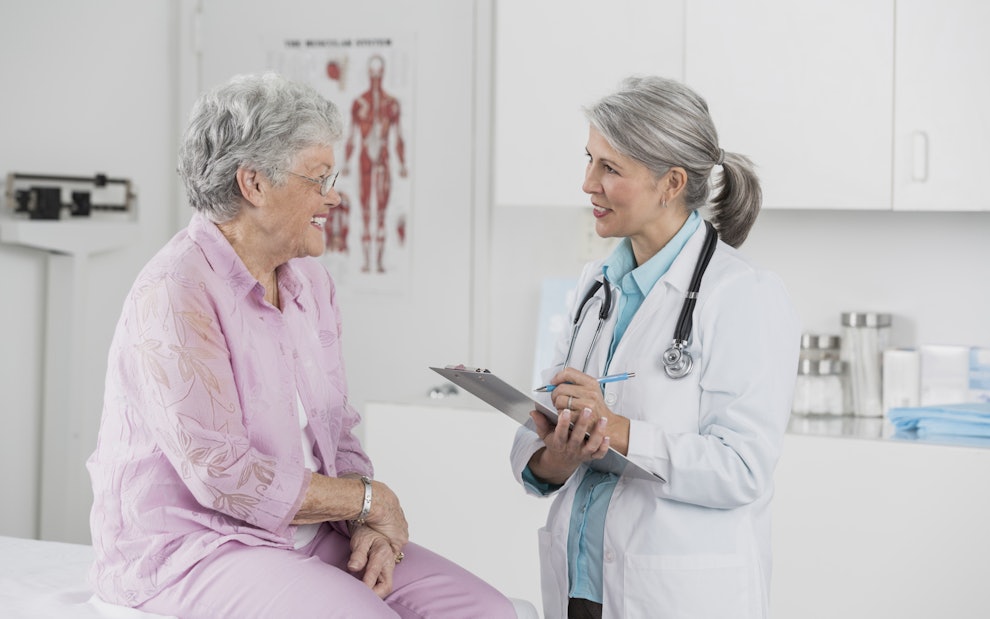How To Prepare For a Colonoscopy: Tips For Before, During, & After The Procedure
Article at a glance
- A colonoscopy is a procedure that allows a physician to see and inspect the inside of a person’s colon, which can help locate any unusual abnormalities and screen for colon cancer.
- While the procedure itself doesn’t take more than 60 minutes, colonoscopy preparation takes place couple of days before the appointment.
- Colonoscopy preparation includes gradual switching to low-fiber foods, then sticking to a clear liquid diet, in addition to taking a prescribed laxative to help clear and prepare your colon for the procedure.
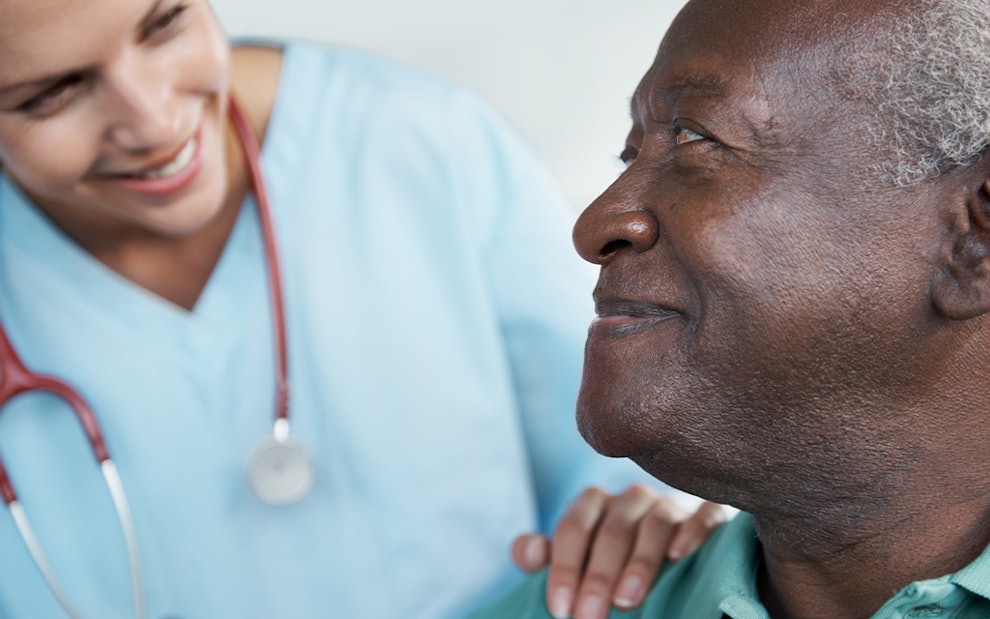
Why Do People Need a Colonoscopy?
According to the National Institute of Health, a colonoscopy is “a procedure in which a doctor uses a flexible tube with a camera on one end, called a colonoscopy or scope, to look inside your rectum and colon.” This procedure is often used as a diagnostic tool when a person is experiencing symptoms such as:
- Bleeding from the anus, or black stool
- Significant changes in bowel movements
- Abdominal pain, particularly if it’s severe
- Unexplained weight loss
More commonly, a colonoscopy is used by your primary care physician (PCP) as a screening tool to help locate and diagnose colon polyps or colon cancer. Typically, your PCP will recommend a colonoscopy procedure when you turn 45 years of age. Other factors, such as personal or family history of colon cancer, or other diseases may also give a reason for a colonoscopy screening recommendation and might change the screening age accordingly.
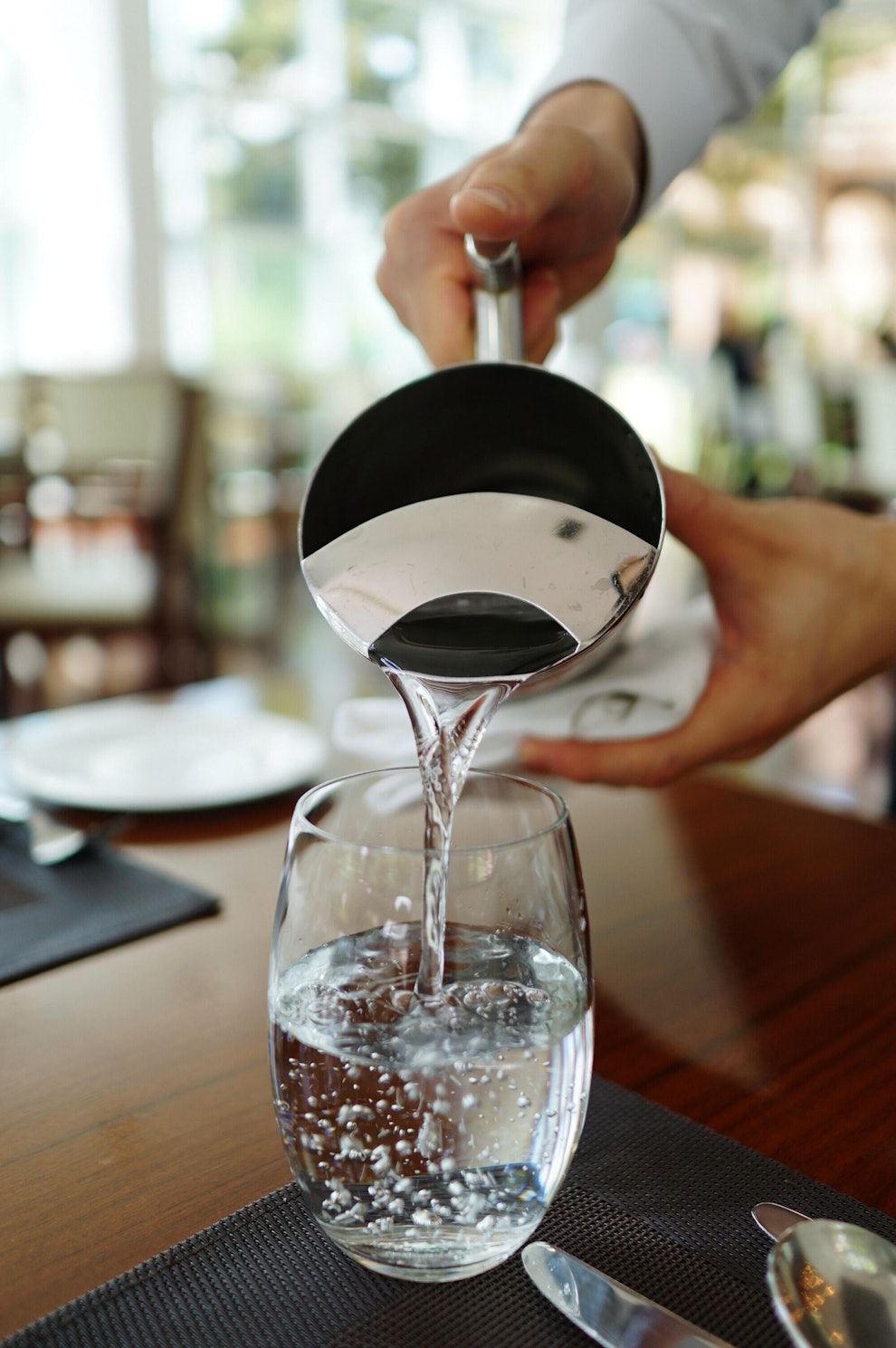
Preparation for Colonoscopy
If you’re recommended to get a colonoscopy, there are steps you will take in the days before the procedure is scheduled. These colonoscopy prep instructions are important for bowel prep before your colonoscopy and should be thoroughly followed.
3–4 Days Before
In the week prior to the procedure, your provider will likely instruct you to make dietary changes. Your best course of action will be to eat lighter meals and low-fiber foods. Some examples of foods on a low-fiber diet (also referred to as a low-residue diet) that you can eat include:
- White bread, pasta, rice
- Cooked vegetables (no skin)
- Fruit (no skin)
- Lean meats, such as chicken or fish
- Eggs
- Some foods that your provider will ask you to avoid may include:
- Seeds, nuts, popcorn
- Whole grains
- Tough meats
- Raw vegetables
- Fruit with seeds or peel
Of course, talk to your health care provider for more detailed lists of what is and isn’t recommended to eat during this time.
You also may be advised to stop taking medications such as anti-diarrheal or blood thinners, as well as refrain from taking fiber supplements and other vitamins. Do not stop taking your usual medications without first consulting your prescribing doctor.
1–2 Days Before
One to two days before the procedure, as part of your colonoscopy prep, you will be asked to refrain from eating solid foods and stick to a clear liquid diet. During this time, you should drink only clear liquids (see-through, not cloudy) and avoid beverages with certain colors, such as red or purple. These colors can affect the coloring of the colon lining and make it more difficult for your provider to see inside of the colon. Some examples of liquids you can safely consume may include:
- Water
- Bouillon or broth (fat-free)
- Gelatin in flavors such as lemon, lime, or orange
- Plain coffee or tea (no cream or milk)
- Sports drinks (avoid red or purple varieties)
- Clear juices with zero pulp, such as apple or white grape (cloudy juices such as orange should be avoided).
1 Day Before
The day before, your colonoscopy prep will involve prepping your bowels and emptying them by taking laxatives. There are different options for the way to achieve this, and your PCP can help you determine which method(s) will be best for you. Pills, liquid, and powdered forms are all possible options you can take.
Most commonly, a person will drink a liquid laxative over the course of the day before the procedure and potentially into the next morning. The taste of the laxative may be unpleasant—you can manage this by mixing the liquid with a powdered drink mix or by following up the laxative with something that tastes better (as long as it adheres to the clear liquid diet).
The laxative solution will be more potent than others you may be used to taking, so you must stay close to a bathroom. Make plans to stay home that day. You must finish the entire laxative prep that is given to you before the procedure occurs.
Day of Colonoscopy
On the morning of your colonoscopy, you will finish the rest of the laxatives prescribed to you. You will need to plan to finish the laxatives 4–5 hours before your appointment, so you’ll need to plan accordingly.
You can continue to drink clear liquids until 2 hours before your appointment. Do not drink alcohol, or smoke marijuana/consume edibles before your appointment, as they can impair your cognition and thinking. You can expect to be placed under anesthesia, as well as given an IV to provide medications for you during the procedure.
If you are still frequently going to the bathroom as it gets closer to your appointment time, you may want to wear an adult diaper to help with any potential accidents.

Making Colonoscopy Prep Easier
Colonoscopy Prep Meds
Colonoscopy prep medications are given to help clear your colon before the appointment. Some options can only be prescribed by your provider, while others can be purchased over the counter. There are two main forms the medication comes in: a powdered drink mix or a tablet.
Some examples of drink mixes include:
- GoLYTELY
- NuLYTELY
- MiraLAX
- MoviPrep
- TriLYTE
Drink mixes are the most common medication prescribed. These mixes work best for people with intestinal issues (such as IBS) or who have a higher risk of complications due to electrolyte deficiencies. Depending on the brand, tastes and amount needed to drink may vary.
Some examples of tablets include:
- Clenpiq
- OsmoPrep
- Suprep
- SUTAB
Tablets are less commonly prescribed but may be a better option for certain people. Tablets are better for those who struggle to finish drink mix prep (which can be between 1–3 liters of liquid) and may be easier to swallow than liquid versions. However, the tablets may cause more irritation for those with gastrointestinal diseases.
Talking with your PCP can help determine which option is the best for you.
How To Make Colonoscopy Meds Easier To Swallow
While drink mixes are the most commonly prescribed, some find drinking the medication difficult. The most common complaints are due to dislike of the taste or the sheer amount of liquid that must be consumed. While these factors can make the prep uncomfortable, it’s important to take the medication fully before your appointment, and there are ways to make the tasks easier. Some tips include:
- Drinking quickly. Drinking the liquid quickly works well to keep the unpleasant taste to a minimum. You can also use a straw to help drink the liquid faster.
- Adding flavors. This will depend on the specific medication, but some options may allow you to add flavoring, such as powdered lemonade, to help with the taste.
- Consume hard candies or citrus. Keeping hard candies or citrus, such as lemons, on hand to suck on after drinking the beverage can help alleviate any leftover taste.
How To Be More Comfortable During Prep
It’s no secret that preparing for a colonoscopy procedure can include certain levels of discomfort. However, there are some steps you can take to help be more comfortable during the process, such as:
- Wearing loose clothing. Wear clothing that is comfortable, cozy, and easy to remove since you will be going to the bathroom frequently.
- Prepping your bottom. Due to the number of times you will go to the bathroom during prep, you may want to be proactive and use diaper cream before the process begins. You can also use medicated or moist wipes to help soothe.
- Have entertainment on hand. Given the amount of time you will be in the bathroom, having books, magazines, or keeping your phone charged can help pass the time.

After The Colonoscopy
Once your procedure is over, it will take some time for anesthesia and sedatives to wear off. Your healthcare team or nurse will provide further instructions for you on what to do after the procedure and will update you with information about your colonoscopy.
After your appointment, you’ll also need to plan to have someone give you a ride home and stay with you for at least two hours after the procedure. You may experience some slight bleeding or discomfort in the anus. Using moist or medicated wipes, as well as diaper cream, can help alleviate the discomfort.
During the colonoscopy, your physician may need to do a biopsy to test for certain abnormalities, including cancer. They may also remove colon polyps if any are found. If a biopsy is performed, you will receive results from your PCP in a few days.
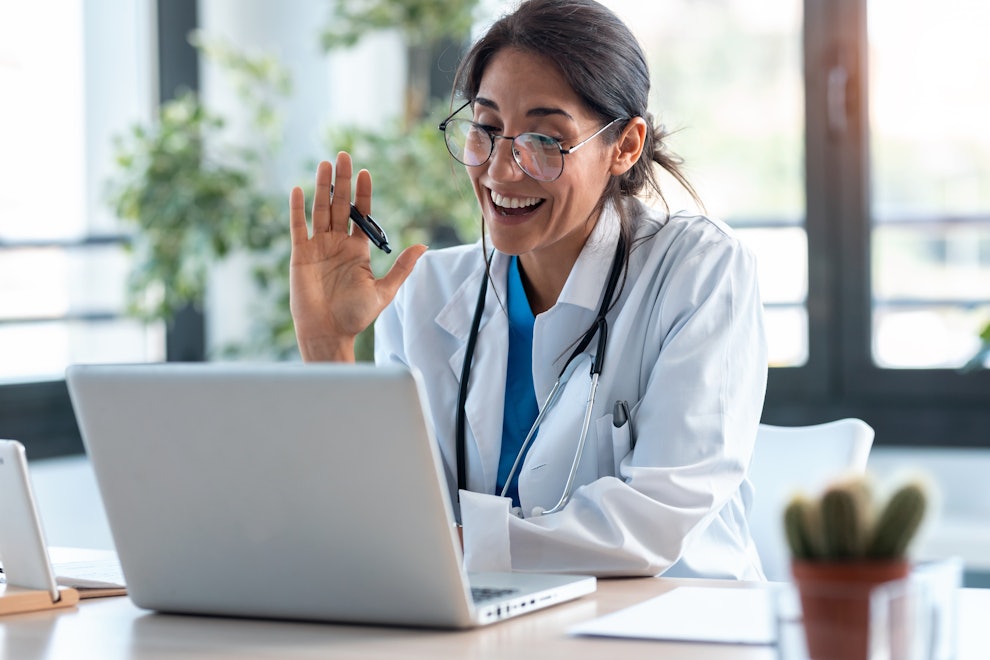
Risks, Side Effects of Colonoscopy Procedure
As with all procedures, there are certain risks and potential side effects. For a colonoscopy, these can include:
- Bleeding, particularly from the anus
- Perforation (a hole) torn in the colon
- Reactions to sedatives/anesthesia
- Severe abdominal pain
After the procedure, if you experience any alarming symptoms or side effects, seek medical attention right away. Some effects to look out for can include:
- Consistent bleeding from the anus that doesn’t stop
- Bowel movements that are bloody and don’t improve
- Fever
- Dizziness
- Weakness
FAQ
How long does it take to completely clear the bowels for colonoscopy prep?
On average, it takes approximately 12-16 hours to empty the bowels prior to the procedure.
How can I make it easier to prepare for a colonoscopy?
Eating low-fiber foods, eating smaller meals, and drinking clear liquids can all make colonoscopy preparation easier.
Does drinking water help with colonoscopy prep?
While any clear liquids are allowed, water is the best way to stay hydrated prior to the procedure. The more water you drink, the better you'll likely feel.
What if I am still passing solid stool the morning of the colonoscopy procedure?
If you are still passing solid stool, your appointment may need to be rescheduled. Talking to your physician can help determine if this is necessary.
How long does a colonoscopy take?
The procedure itself takes approximately an hour.
Sources
- https://www.niddk.nih.gov/health-information/diagnostic-tests/colonoscopy
- https://healthy.kaiserpermanente.org/washington/get-care/additional-services/gastroenterology/colon-prep
- https://coloncancercoalition.org/get-educated/get-screened/colonoscopy-tips/
- https://www.med.umich.edu/1libr/MPU/UMHS_Colonoscopy_Miralax_Gatorade_Prep.pdf
- https://www.nhs.uk/conditions/colonoscopy/results/
- https://my.clevelandclinic.org/health/treatments/22657-colonoscopy-bowel-preparation
Become a patient
Experience the Oak Street Health difference, and see what it’s like to be treated by a care team who are experts at caring for older adults.


